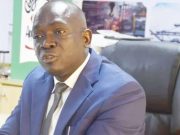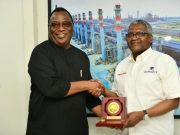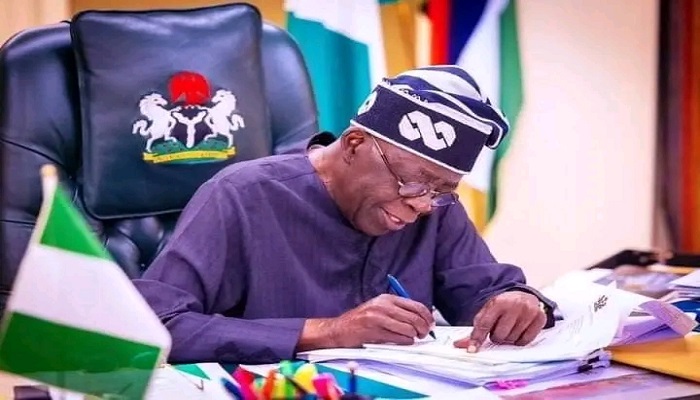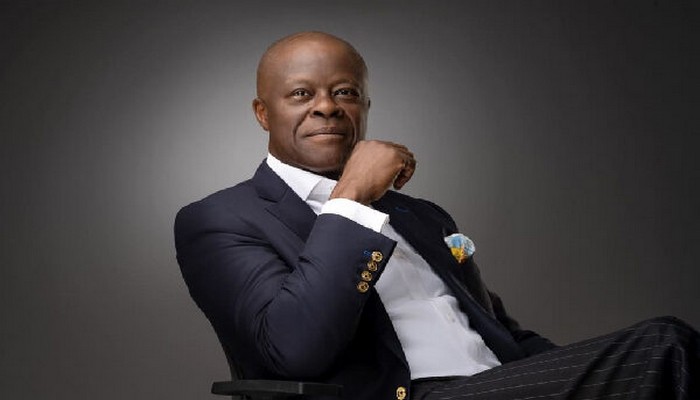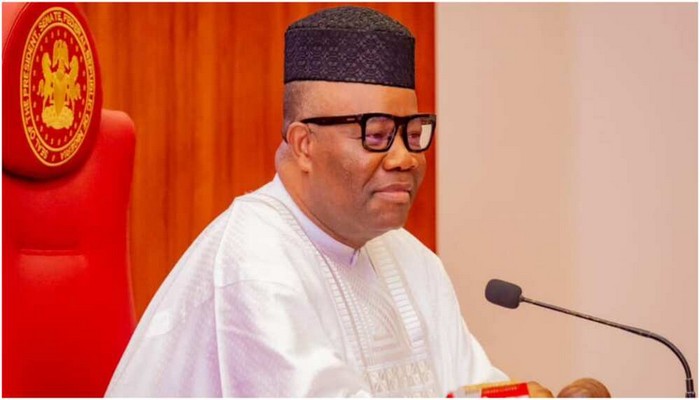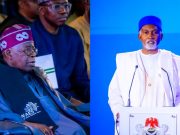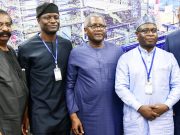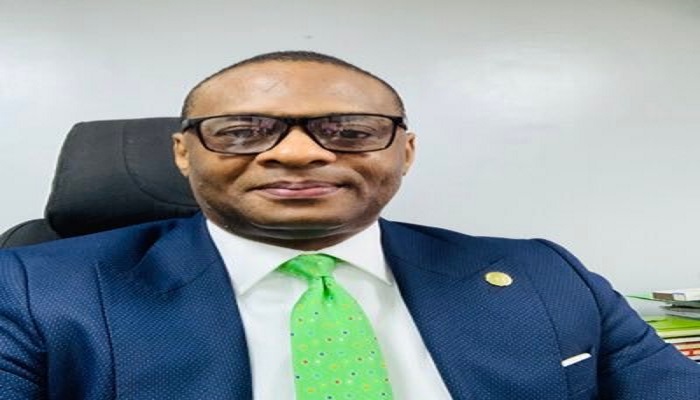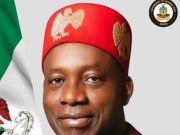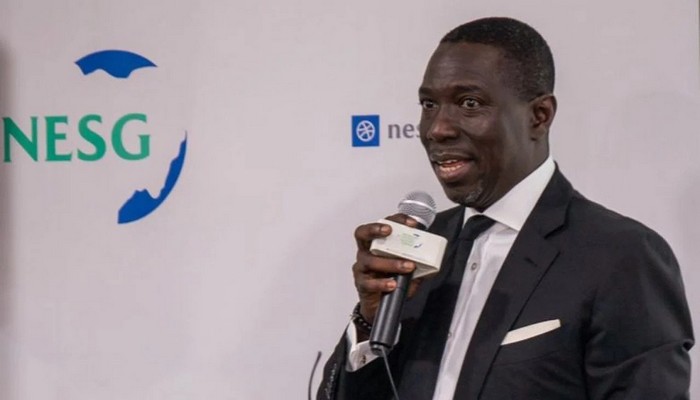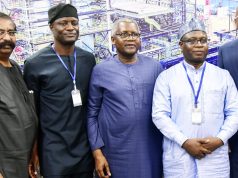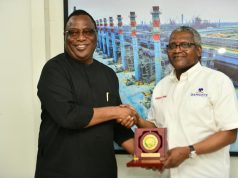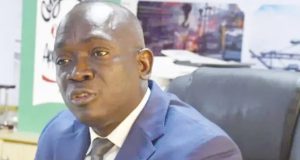The Nigerian Economic Summit Group (NESG) has said that the country needs to consider a different way of thinking about development in order to transform the economy.
Chairman of the NESG, Mr Asue Ighodalo, said this on Monday at the 28th Nigeria Economic Summit in Abuja with the theme: “2023 Beyond: Priorities for Shared Prosperity”.
Ighodalo said the country must think of an economic development that is defined not by incremental progress, but by clear objectively measurable goals.
According to him, “It would mean just based on today’s OECD indices that we would need to grow our GDP to somewhere between $4.5 trillion and $9 trillion – depending on whether we are able to remain at a population of around 220 million or continue to grow to the 450 million we have been projected to reach by 2050” .
“We would need to build an economy that is 10 to 20 times the $440 billion economy we have today. So, we must set ourselves a task of growing at over 15 percent every year.”
The Group questioned how the country will grow the economy to 20 times today’s size within 25 years, saying “successful national turnarounds start first with addressing basic internal problems and fixing them, and then setting the country’s sights on externally driven growth possibilities.”
He said the country must start by achieving macroeconomic stability as this is the foundation of economic growth.
Ighodalo said much has been said by too many experts on economic development that it sometimes appear as though there are implementation concerns in the nation’s developmental trajectory.
“Our economic competitiveness is weak. Simply put; we don’t produce enough for ourselves and can’t produce for the world.
“We must take active steps to multiply our productive output particularly in those areas that support foreign exchange earnings and enhance livelihoods – oil and gas (gas particularly), agriculture and its manufactured derivatives easily come to mind.”
He said the country must effectively address all areas of waste, leakage, theft or graft, stressing that gas flaring must stop.
“Only a nation that does not take itself seriously will cry out year after year for power, but continue to fritter away a resource that can deliver that power,” he said.
“We must think through ingenious ways of fixing and strengthening our institutions; paying particular attention to, our civil service and judiciary and changing the attitude and temperament of those of us who work in these institutions.
“Simultaneously and most urgently, we must continue to tackle our National Security issues with vigour, aggression and intelligent resource deployment. A prosperous Nigeria cannot be created without decisively dealing with our security problems.”
The Chairman further said that the country must also address its infrastructure deficit, starting first with infrastructure investments that directly power economic activity, like overhauling its deep seaports, which are gateways to trade, or building fully gas-powered special economic zones, whose return on investment is both linear and tangible.
“It is not rocket science, but we must put in place policies and incentives that attract patient capital into our economy, supported by coordinated and consistent macroeconomics policies that grow emerging economies,” he said.
“We must also address the problem of unequal access to basic livelihood amenities like food, water, roads that foster micro activity and enable produce to get to markets, schools that deliver solid basic education without security concerns, and basic healthcare.
“Last but certainly not the least, we must start to seriously address, in a deliberate way, how to turn our vast manpower into competitive human capital, by bridging the knowledge deficits and skills gaps that will be required for an accelerated future”.
Speaking on growth acceleration, Ighodalo said the country must identify avenues to accelerate growth, over and beyond the ordinary, so it can consistently achieve a 15 per cent growth rate over the next 25 years.
“We absolutely must think through and articulate areas where each of our six geopolitical zones can be leading (as) significant global players in the world economy of 2050,” he said.
“Let the competition between our zones be for who will be the first to achieve global top 10, top 3, and even number 1 in these newly identified areas.
“We must channel resources and incentives in a purposeful way to new areas of global economic relevance and consistently benchmark our progress with the world leaders in these areas, determined to surpass them on the global stage. We must take learnings from the admirable global feats being achieved by our tribe of Nigerian creatives.”


